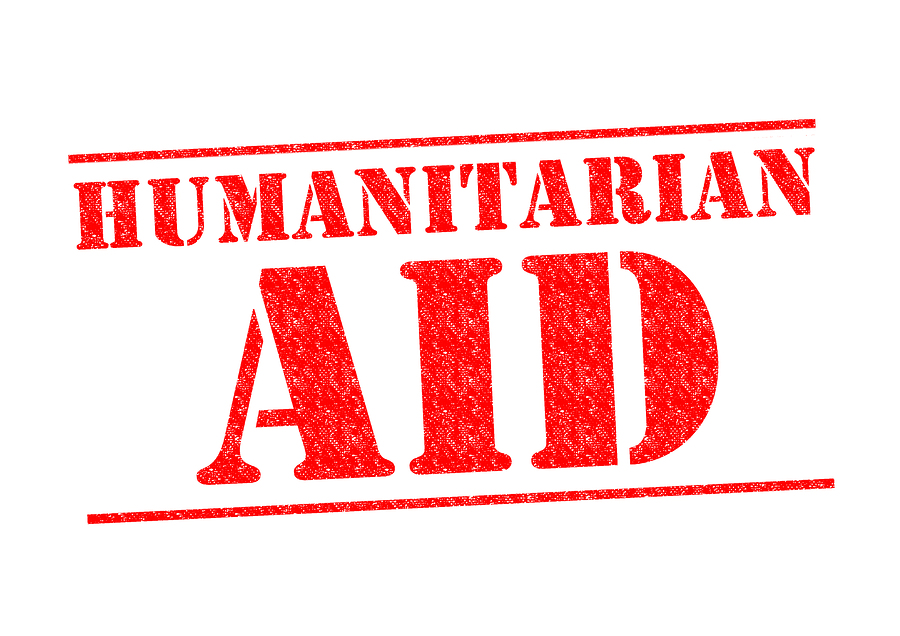
Are there any options for a person seeking to enter the US temporarily for emergency reasons who has been denied a visa? The routine approach would be to explore having a supervisory consular officer review the decision and hopefully reverse it. Unfortunately, this rarely happens. Consular officers have an incredible amount of discretion when it comes to adjudicating visa applications, and if there is a reasonable suspicion that a visa applicant will not return to his/her native country, a denial will likely be overturned. Of course, an applicant can always reapply but practically speaking, once a visa has been denied, any subsequent applications will likely yield the same result unless there are new circumstances or new evidence that strongly demonstrate non-immigrant intent. And sometimes, applying for a traditional visitor’s visa may be not even be practical because by the time an application is processed, the urgency of the situation may get worse. For example, it is not uncommon for people to apply for visitor’s visas to visit direly ill relatives. By the time an appointment is scheduled, the sick relative’s health may have significantly deteriorated, sometime to the point of death. In some cases, people have even been refused visas to attend their parents’ funerals.
Few people may be aware of something called humanitarian parole, something which we touched upon earlier in a 2011 entry. Humanitarian parole is a discretionary form of relief granted by the Department of Homeland Security to allow someone who is otherwise inadmissible to enter the US for a temporary period of time due to a compelling emergency. It is granted on a case-to-case basis. This is a 2014 update.
What are the Requirements for Humanitarian Parole?
The request is filed on Form I-131, the same form which is used for Re-entry permits and Advance Parole. Applicants must also submit:
· Form I-134, Affidavit of Support. This is necessary to assure the government that the person will not become a “public charge.”
· Documentation of the emergency or exigent circumstances necessitating the person’s presence in the US. This includes, for example, medical records, a physician’s letter, etc.
· The applicant must show an urgent humanitarian reason, or that the parole should be granted for a significant public benefit. Typical reasons include but are not limited to Medical and Family Reunification considerations, as well as presence to attend Civil and Criminal Court Proceedings. For example, there was a recent case a couple of years ago where a sibling was granted parole to undergo a transplant from her sibling here in the US. Another context where we have seen parole granted is when a mother applied for parole so that she could attend the trial of a person accused of killing her son.
· Parole under these circumstances is different and should not be confused with situations where ICE releases someone in custody on parole.
Some Things to Know About Humanitarian Parole
· Humanitarian Parole does not confer legal status. It only authorizes the person’s period of stay in the US for the time necessary to address the emergency or situation.
· It is applied for an individual who is outside the US.
· USCIS approves approximately 25% of the applications it receives.
· The period of time granted corresponds to the period of time necessary to handle the exigency. The maximum time is one year.
· Processing time, on average, is anywhere from 60 to 120 days. This alone may make the parole application an attractive alternative to the normal visa process. However, because the program is not designed to circumvent the visa process, the applicant should be prepared to demonstrate that all other avenues have been exhausted. This will ordinarily mean a statement detailing why a visa cannot be obtained, including when and where attempts were made or an explanation why a visa could not be granted.
· In terms of consideration, the Humanitarian Affairs Branch (HAB) will give priority to situations that involve
o Life threatening medical emergencies
o Family reunification
o Children under 16
o Physically and/or mentally challenged individuals
Conclusion
Understand that humanitarian parole is not intended to be a workaround the normal procedure of applying for a visa. USCIS is very clear that parole is not meant to bypass immigration or avoid normal visa processing. On the other hand, if there is truly a genuine emergency and it is either impractical to apply for a visa, or the visa has already been refused, one should explore the viability of a parole application.
We hope that you have enjoyed this article and learned at least one new thing or tip that you may not have known. To keep informed about the latest developments in immigration law, please subscribe to our blog feed by clicking on the “Subscribe To This Blog’s Feed” button on the left. It is important to understand that the above is only general information and not legal advice. It does not create an attorney-client relationship nor should it be relied upon as legal advice. The law is extremely fact and circumstance sensitive. For an individual legal analysis of your specific legal case, please complete the “Case Evaluation” box to the right of the screen to get in touch with one of our attorneys.
